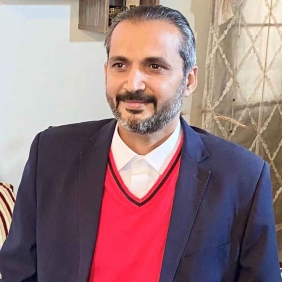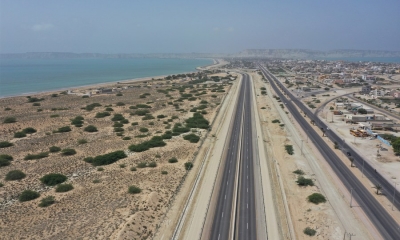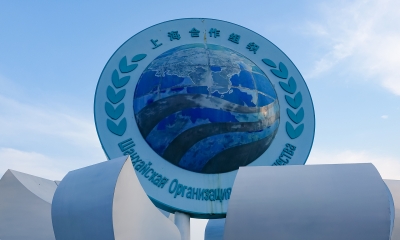Dasu Attack and Future Course of the Action
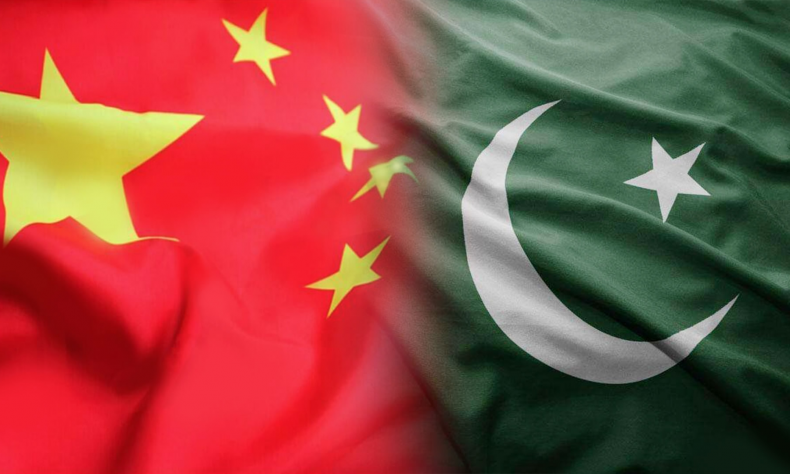
Dasu attack urges Pakistan to evaluate the new dynamics and realities in the backdrop of FGW.
On July 14, a shuttle bus heading to the Dasu Hydropower Project in Pakistan’s northwestern Khyber Pakhtunkhwa province was hit by a blast, leaving nine Chinese nationals and three Pakistanis dead. The project is under construction by a Chinese company. The Pakistani government has identified that the blast in Dasu is a serious terror attack against Chinese targets.
Dasu attack took many innocent lives of Chinese brothers, who were here to assist Pakistan. It is tragic and insane. It happened at a time when CPEC was going at a good pace. Pakistan and China had also accelerated efforts to expand CPEC and bring Chinese companies to Pakistan, not only for CPEC but also for non-CPEC projects. Hence, it has been understood as an attempt to sabotage the China-Pakistan relations and investment environment of Pakistan.
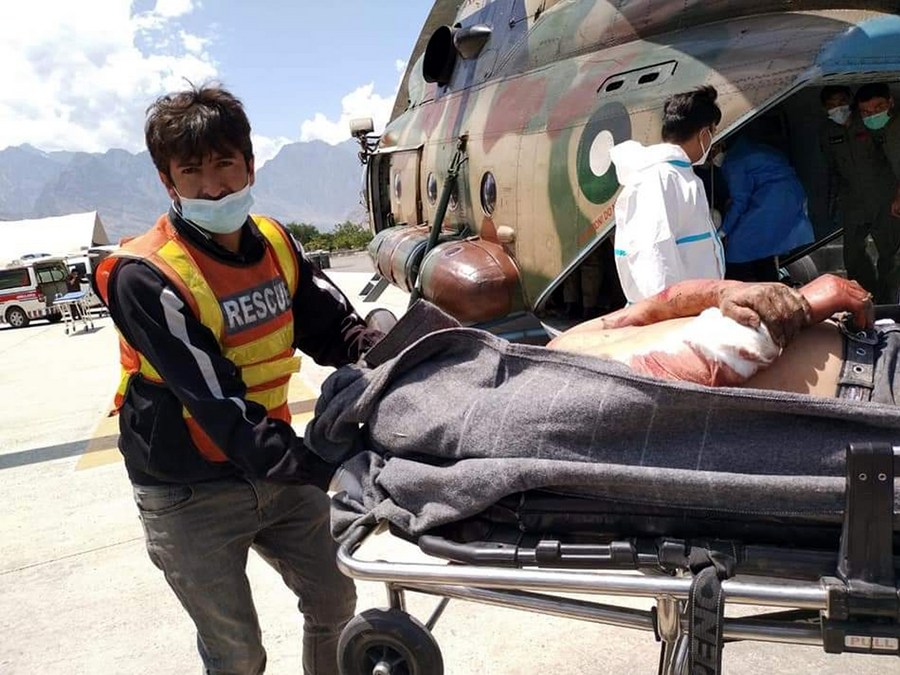
Thus, it is pertinent to analyse the attack against the backdrop of recent development and events in Pakistan and the region. It will help to understand the implications and reasons behind the attack.
First, Prime Minister of Pakistan Imran Khan visited Gwadar on July 5, 2021. He inaugurated multiple projects and signed MoUs including Gwadar Expo Centre, Gwadar Fertilizer Plant, Gwadar Animal Vaccine Plant, Henan Agricultural Industrial Park, Hengmei Lubricants Plant, Gwadar Free Zone Phase-2. Federal Minister for Planning, Development, Reforms, and Special Initiatives Asad Umar claimed that Gwadar Free Zone Phase-2 is 35 times bigger than phase-1. Two implementation agreements of 1) 1.2 million gallons per day desalination plant and 2) solar generators grant, were also signed.
Prime Minister assured that CPEC projects and development of Balochistan are top priorities of Pakistan. He guaranteed the Chinses workers and investors that Pakistan will do everything to facilitate their smooth functioning.
Second, some central and western Asian countries have shown great interest in Gwadar and CPEC. The ambassadors of these countries visited Gwadar on July 5 along with Prime Minister. Kuwait is showing interest to invest in SEZs, agriculture, energy, etc. Uzbekistan has signed an agreement to use Gwadar port. Tajikistan, Kyrgyzstan, and other countries are also exploring options to join.
China and Pakistan have also offered to extend CPEC to Afghanistan and make it an opportunity to bring sustainable development, peace, and prosperity. China and Pakistan deem it necessary to rebuild the war-torn country. It will also help to create jobs for youth and improve the living standard of people. By understanding the importance of economic opportunities, both the Afghan government and the Taliban are welcoming the investment and engagement with CPEC.
Third, the US military force is leaving Afghanistan without any meaningful achievements and institutional arrangements. It has opened the door of new problems for Pakistan and CPEC. They are trying to use the situation in the disguise of terrorists. There is no denying fact that India openly challenged the CPEC. India has created special cells to sabotage the CPEC. Apart from India, the United States is not in favor of BRI and CPEC and always advise Pakistan to reject them.
Despite all these complications, China is not hesitating to help Pakistan. The Prime Minister of Pakistan also clearly declared that China is the first choice for Pakistan. We will never compromise on our relationship with China. But the enemies of Pakistan could not accept this fact.
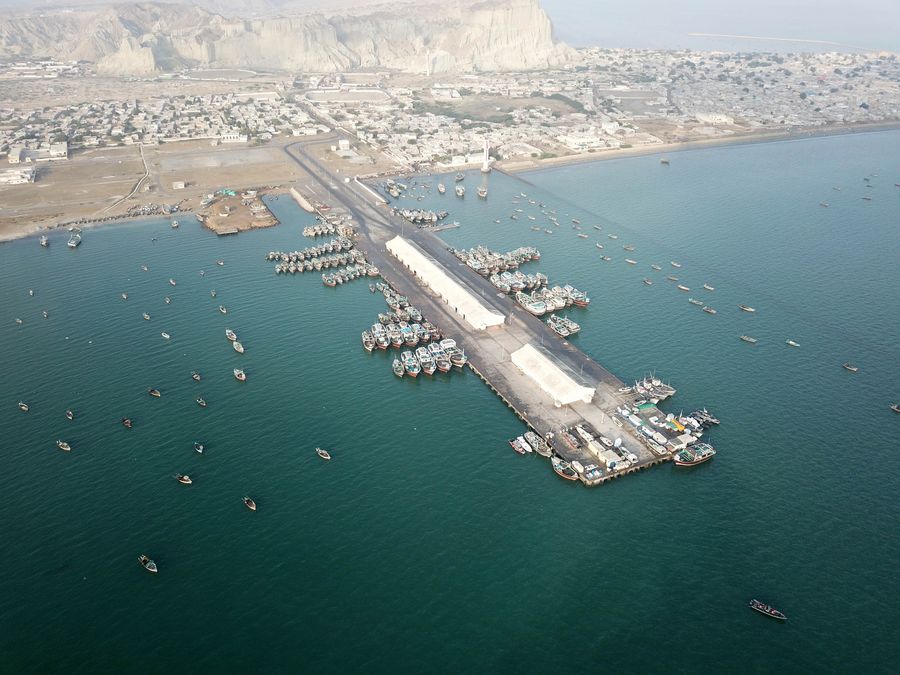
Thus, the enemies and rival countries started to look for opportunities to sabotage the CPEC and China-Pakistan relationship. First, they were running malicious campaigns and tried to undermine CPEC and Pakistan-China relationship through baseless allegations of “debt trap”, human rights, etc. With the blessing of Allah, they could not get the desired results.
In desperation now they have resorted to violence. The Incident of Dasu is an example of their desperation. It is expected that now enemies and rival countries of Pakistan will unleash the Fifth Generation Warfare. On one hand, they will use cyberspace to create negativity among the masses. On other hand, they will resort to violence.
Hence, Pakistan and China need to prepare accordingly. First of all, the two countries need to sit together (as they always do) and audit the security framework for combating future challenges. The security audit must focus on three aspects: 1) instruments of Fifth Generation Warfare (FGW); 2) potential spoilers not only the enemies but also rival friends; 3) difference between Phase-1 and Phase-2 security requirements.
In the case of FGW, Pakistan needs to apply DIMEC (Diplomacy, Information, Military, Economy and, Culture) framework. The core of FGW is that no single institution can ensure the development, security and peace of country. Thus, all the pillars of DIMEC must work hand in hand. Second, economic opportunities and job creation for common citizens are other important elements of FGW. Pakistan will have to erect institutions and mechanisms which can ensure equal job and economic opportunities, especially for common citizens and elite capture must be avoided.
Third, Pakistan will have to say goodbye to the hype-creation mentality. It was good for the cold war era but not for FGW. All the campaigns about benefits or resources should be based on data, facts and followed by concrete opportunities. Otherwise it can be used by opponents to build a narrative that Pakistan has so many resources and opportunities but only for the elite class. Hence, there is a need to rationalize the advertisement and there is no need to create unnecessary hype.
For counter the narrative, Pakistan needs to learn from China’s Xinjiang experience. China not only combats the baseless slanders from adversaries but also discloses the double standards and human rights violations by the West through the facts and figures.
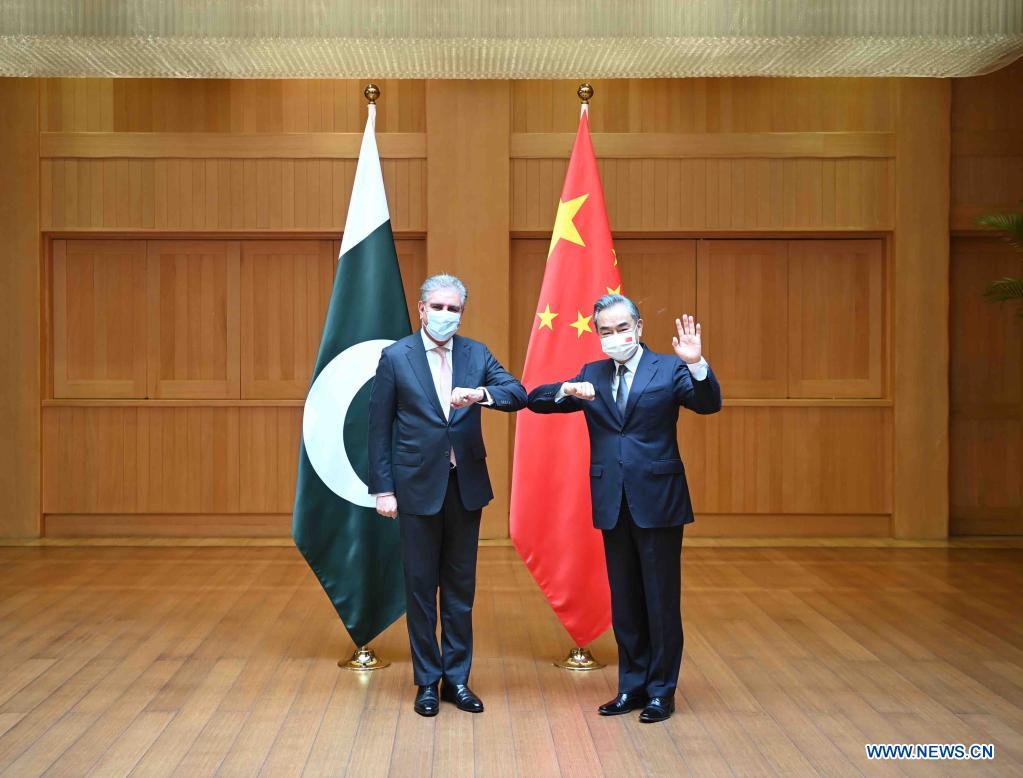
Second, there is no doubt that state-level security institutions are playing a formidable role. They have provided excellent security during phase-1 of CPEC and Pakistan is reaping the benefits in the form of rapid work on CPEC and non-CPEC projects and investment.
However, there is a huge difference between the security requirements in CPEC phase-1 and CPEC phase-2. Phase-2 is all about industrial and agriculture cooperation. The Chinese workforce and investment will be more scattered and Chinese citizens will be in direct contact with a vast number of citizens and cultures. The exposure at a huge scale requires reorienting the security framework. First, security audits should be done for all companies and on the basis of audits, comprehensive security programs should be developed for companies. Second, security mapping of each district of Pakistan should be done. Third, there should be formal linkages among CPEC, non-CPEC companies, and state institutions to share the outcome of security audits and mapping. Fourth, companies should develop their own capacity to counter the negative propaganda through the close linkages with communities in project areas. For that purpose, they will have to understand the local dynamics and culture.
Third, the political elite of Pakistan should avoid credit game over CPEC and China-Pakistan relations.
In conclusion, Dasu attack urges Pakistan to evaluate the new dynamics and realities against the backdrop of FGW. The enemies and rivals will not tolerate a rising Pakistan and strong China-Pakistan friendship. Thus, the security framework must be refined. For that purpose, Pakistan needs leadership with strong power of imagination, which will enable the country to combat unseen threats. State and security institutions will have to take companies and people as partners not recipients of services.
Last but the most important element would be to deploy the human resource which can understand China, through the lens of China. It will help Pakistan to understand the working style and requirements of China, which is urgently required now.
 Facebook
Facebook
 Twitter
Twitter
 Linkedin
Linkedin
 Google +
Google +



